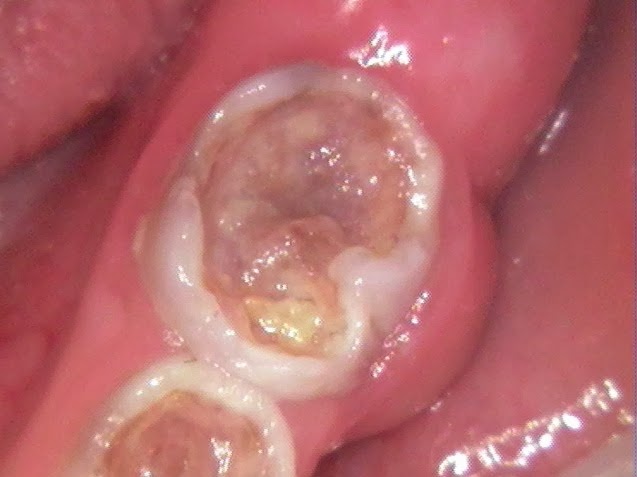You Don’t Have To Be Perfect

While being a parent is one of the most important jobs that someone can do, no one is expecting you to be perfect. However, instilling great habits in your children certainly starts with you. Children eat what is in the house and what is available to them. By cutting down on sugar and increasing vegetables and fruits you not only decrease their risk of diabetes, obesity, and decay but you increase their desires to be healthy overall. “Those habits you instill,” Dr. Cameron Fuller says, “start from a very young age.” While you are anxious for your child to begin eating solid food make sure you’re including plenty of leafy greens and bright colors. Certain fruits and vegetables actually contain more water. Which is an excellent source of vitamins for children and theyI also help ‘rinse’ off their teeth after they have eaten. The palate is ever changing in kids and therefore if you try one food and they don’t like it try it again at a later date. You ca



